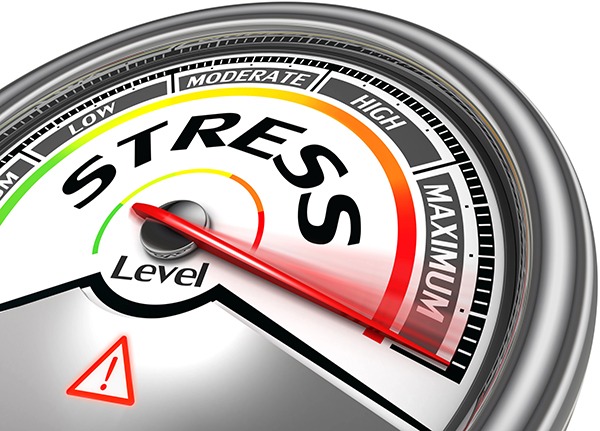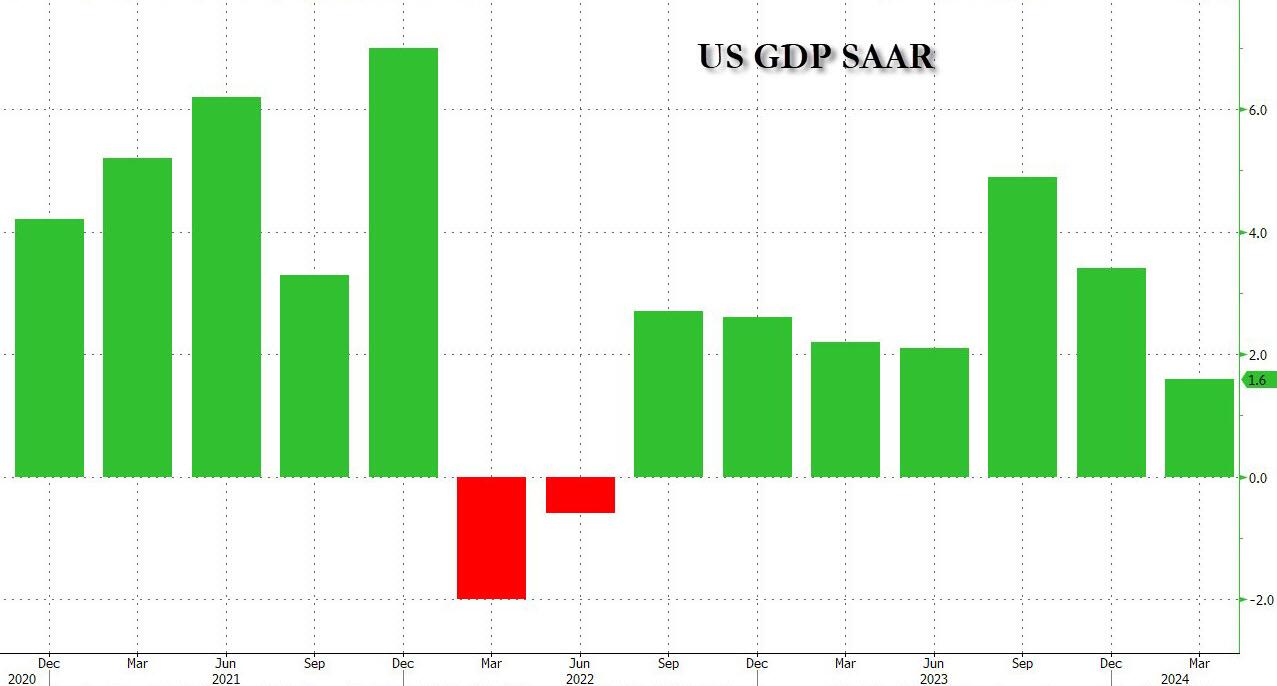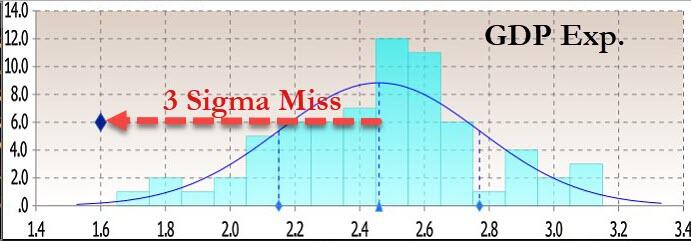by Ray Jason
With our world drowning in so much senseless war and bloodshed, I have recently been thinking about finishing a project that I began several years ago. It is a short but powerful anti-war film that combines my personal Vietnam experience with the immortal message of the Napalm Girl.
However, my film-making skills are very limited. But Fate smiled upon me, and a professional film editor anchored near me a few weeks ago. After developing a friendship, I mentioned my long-dormant project.



















